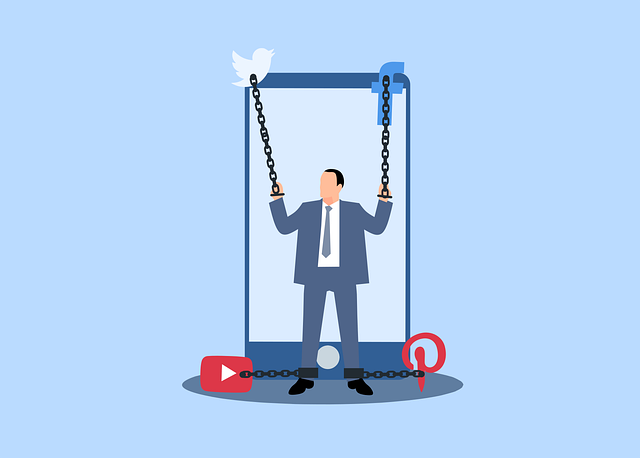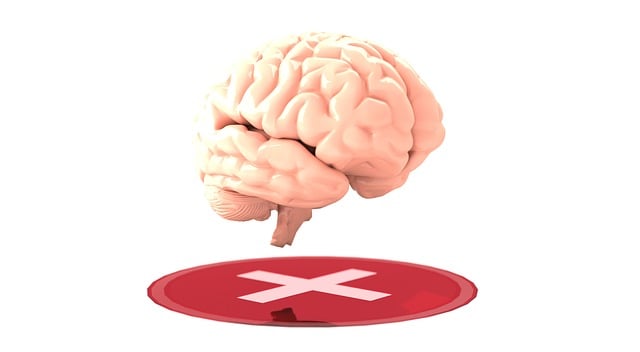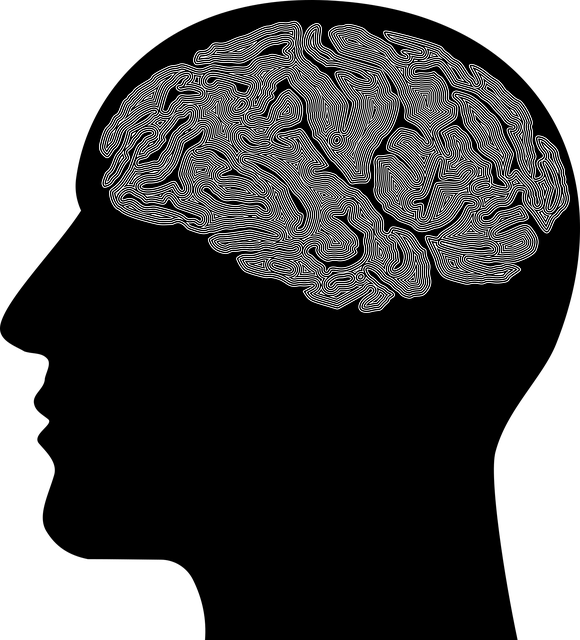Coping skills development through programs like Lafayette Drug Abuse-Substance Abuse Therapy is vital for managing stress, improving self-esteem, and fostering resilience. Key strategies include mental wellness journaling, stress management workshops, identifying personal triggers, building a support system, practicing self-care (e.g., exercise, mindfulness), and engaging in community outreach. Enhancing emotional regulation through techniques like CBT and mindfulness meditation, along with integrating healthy habits like regular exercise and balanced nutrition, supports long-term well-being post-therapy. Empathy-building within supportive communities strengthens these coping mechanisms, aiding individuals in navigating challenges effectively.
In our fast-paced world, developing effective coping skills is essential for navigating life’s challenges. This article explores the intricate process of building resilience and managing stress, offering a comprehensive guide to improving mental wellbeing. We delve into understanding coping mechanisms, identifying personal triggers, and implementing evidence-based strategies. From emotional regulation techniques to healthy habit integration, discover powerful tools to overcome substance abuse in Lafayette and foster long-term mental health.
- Understanding Coping Skills and Their Significance
- Identifying Personal Triggers and Stressors
- Building Resilience: Strategies for Overcoming Challenges
- Effective Techniques for Managing Emotions
- Integrating Healthy Habits for Long-Term Wellbeing
Understanding Coping Skills and Their Significance

Coping skills are the strategies and mechanisms individuals use to navigate life’s challenges, manage stress, and maintain mental wellness. These skills are essential for resilience against difficulties such as Lafayette Drug Abuse-Substance Abuse Therapy. Developing effective coping mechanisms goes beyond simply managing symptoms; it involves cultivating a toolkit of responses that promote self-esteem improvement and overall well-being.
By learning healthy coping strategies, individuals can transform their reactions to stressful situations, leading to better mental health outcomes. Mental wellness journaling exercises guidance, for instance, offers a means to process emotions and gain perspective. Moreover, stress management workshops organized by specialized organizations provide valuable tools for tackling life’s pressures head-on. These initiatives empower people to take control of their mental health and cultivate lasting resilience.
Identifying Personal Triggers and Stressors

Identifying personal triggers and stressors is a crucial step in developing coping skills for individuals looking to overcome challenges related to drug abuse or substance use disorders. This process involves introspection and awareness of one’s emotional and environmental cues that contribute to distressing situations. In Lafayette, local Drug Abuse-Substance Abuse Therapy programs emphasize the importance of understanding these personal triggers. By recognizing specific stressors, individuals can begin to unpick complex behaviors and emotions, paving the way for healthier coping mechanisms.
Community Outreach Program Implementation often includes education on stress management and resilience building. This empowers individuals to navigate their daily lives with a heightened sense of self-awareness, enabling them to make informed decisions regarding their mental health. Additionally, mental illness stigma reduction efforts play a significant role in fostering an environment where people feel comfortable identifying and addressing their personal triggers, thereby supporting overall well-being and recovery.
Building Resilience: Strategies for Overcoming Challenges

Building resilience is a vital skill that equips individuals with the tools to navigate and overcome challenges, especially in the face of substance abuse like Lafayette Drug Abuse-Substance Abuse Therapy. It involves cultivating a mindset that enables one to adapt and bounce back from adverse situations. Strategies for enhancing resilience include developing a strong support system, which can be achieved through engaging in community outreach programs where individuals connect with like-minded people and gain access to valuable resources.
Encouraging self-care routines for better mental health is another effective approach. This could involve regular exercise, mindfulness practices, or pursuing hobbies that bring joy and a sense of accomplishment. Additionally, creating a structured daily routine can provide a sense of control and stability. As a form of self-care, many find solace in producing a mental wellness podcast series, sharing personal experiences and strategies with others, thereby inspiring and supporting one another’s journeys towards recovery and improved mental wellness.
Effective Techniques for Managing Emotions

Managing emotions effectively is a cornerstone of coping skills development. For individuals struggling with Lafayette Drug Abuse-Substance Abuse Therapy, understanding and regulating emotions can be transformative. Techniques such as mindfulness meditation help in staying present and observing thoughts and feelings without judgment, fostering emotional awareness. Cognitive Behavioral Therapy (CBT) offers structured strategies to challenge negative thought patterns and replace them with healthier perspectives, thereby reducing emotional distress. Engaging in regular physical activity is another potent tool for emotion regulation; exercise releases endorphins that can improve mood and enhance overall well-being.
Building a robust Self-Care Routine Development for Better Mental Health is essential. This includes setting boundaries, prioritizing sleep, and practicing relaxation techniques like deep breathing or progressive muscle relaxation. For those at risk of substance abuse, addressing underlying emotional issues through therapy and support groups can be life-changing. Anxiety Relief strategies tailored to individual needs, whether through exposure therapy or stress management techniques, can significantly improve emotional resilience. Effective emotion management not only enhances coping abilities but also strengthens mental health professionals’ tools during Risk Assessment for Mental Health Professionals, ensuring more effective treatment and recovery journeys.
Integrating Healthy Habits for Long-Term Wellbeing

Integrating healthy habits is a cornerstone of long-term wellbeing, especially for those recovering from Lafayette Drug Abuse-Substance Abuse Therapy. Beyond attending therapy sessions, cultivating coping skills involves adopting sustainable lifestyle changes. Simple yet effective practices like regular exercise, mindful meditation, and balanced nutrition can significantly enhance emotional resilience. These habits not only support physical health but also play a pivotal role in the emotional healing processes, fostering a sense of stability and control.
Furthermore, building strong social connections and engaging in activities that bring joy are essential components of coping skills development. The power of empathy building strategies within supportive communities cannot be overstated; they provide safe spaces for sharing experiences, offer valuable perspectives, and help individuals feel understood and valued. This interconnectedness can strengthen the coping mechanisms learned during therapy, ultimately empowering individuals to navigate challenges more effectively.
Coping skills development is a transformative journey towards enhancing mental resilience and overall wellbeing. By understanding and implementing strategies discussed in this article, individuals can effectively navigate life’s challenges. Identifying personal triggers and adopting healthy habits are key steps to fostering adaptability. Through Lafayette Drug Abuse-Substance Abuse Therapy and incorporating emotion management techniques, one can build a robust coping toolkit. This empowers individuals to overcome stressors, promote long-term mental health, and lead more fulfilling lives.














